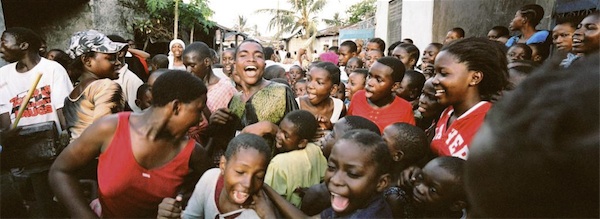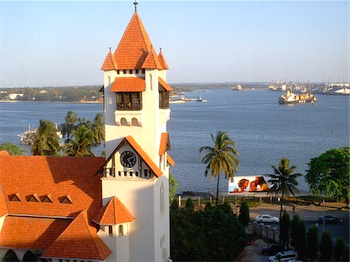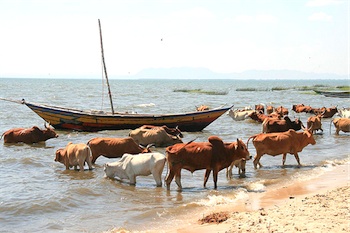I’ve stumbled across this article from 7 May in The Economist which expresses some worries about Tanzania’s economy.
The country already gets 40% of its government budget in aid, but now it wants even more foreign cash to help it through the economic downturn. How much is enough? Tanzania’s president, Jakaya Kikwete, smiles grimly. “We’re trying to bring down our dependency, but we’re grateful for what we receive.”
Kikwete charms potential investors with his sales patter, but is that enough?
Tanzania, many complain, is a “slow” or even “terrible” place to do business — and “ungrateful” for foreign aid or investment. Even its boosters admit it is wrapped in red tape and lacks skilled workers. Almost everyone says Mr Kikwete is spending too much time burnishing Tanzania’s image abroad and not enough fixing problems at home. Last year he chaired the African Union.
In any event, he hopes that aid will keep Tanzania afloat long enough for its economy eventually to make a great leap forward. Shiny new buildings even in provincial towns, along with new roads and water projects, signal optimism. Politics are stable. A rowdy separatist movement in the island of Zanzibar is quiet for now…
With many resources including gold and natural gas, 85% of exports are still agriculture. And 40% of the government’s budget being aid? There’s gotta be some interesting questions to ask there!




